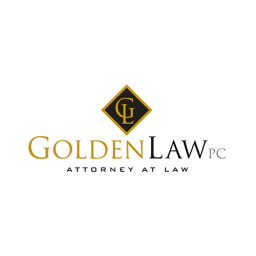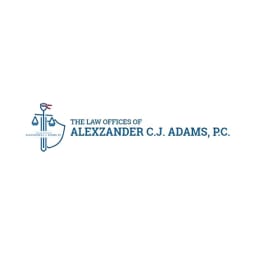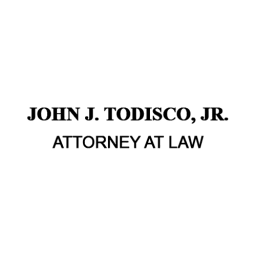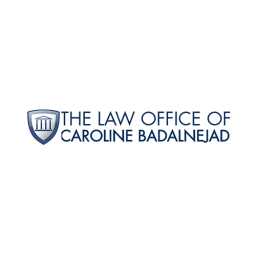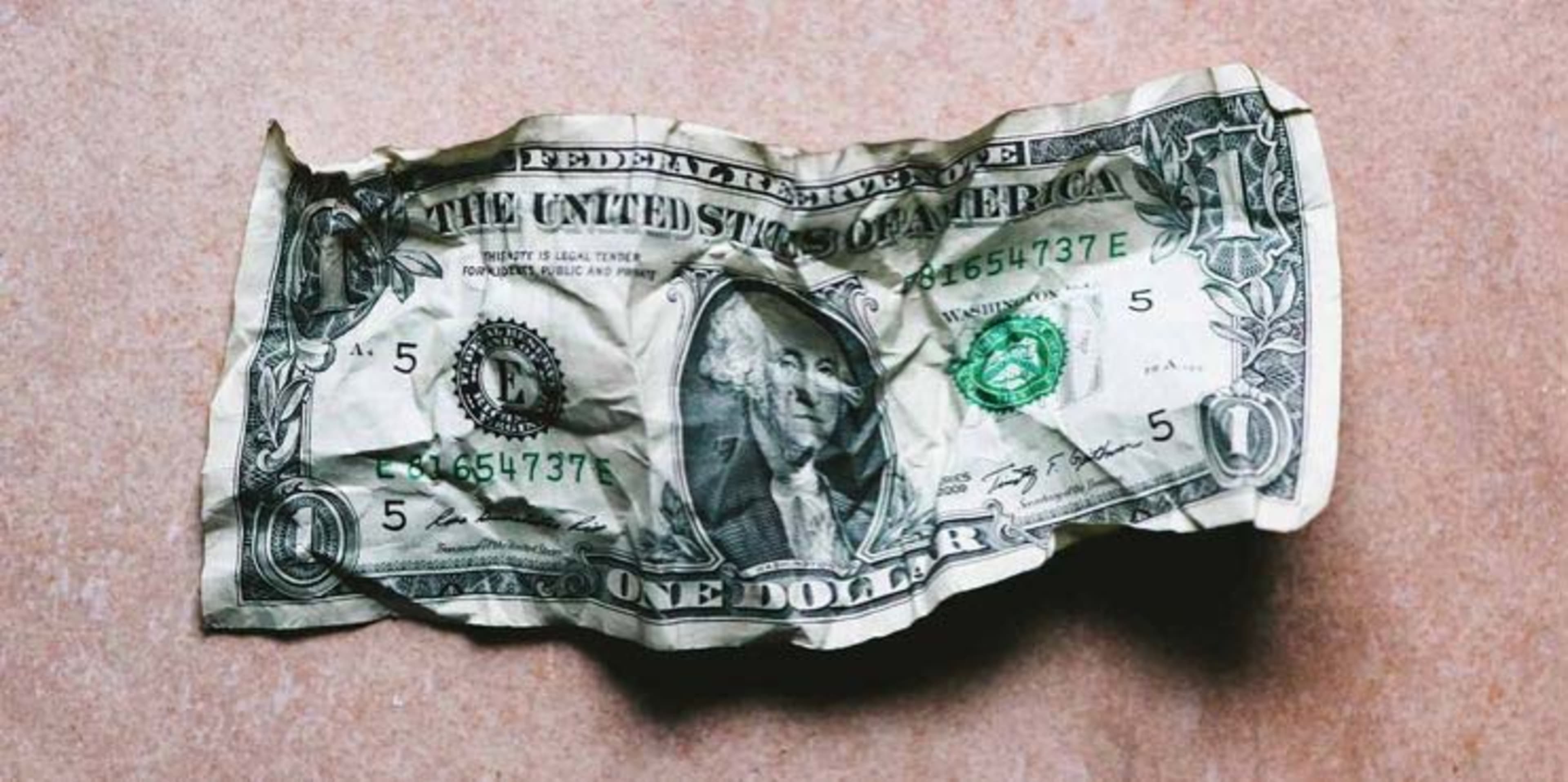
2024

Best Bankruptcy Attorneys
Find a Top-Ranked Bankruptcy Attorney Near You
We did the research for you!
- Licensing
- User Reviews
- Mystery Shopping Calls
Learn about our selection process.
Top Bankruptcy Attorneys
= Featured Provider
Livermore, CA
Shulman Law Office
1501 The Alameda, San Jose, CA 95126Maydanik Law Firm
1525 McCarthy Blvd #1000, Milpitas, CA 95035Law Office of Stanley A. Zlotoff
300 South 1st St., Suite 215, San Jose, CA 95113
Rochester Hills, MI
The Law Office of Stephanie Krane-Boehmer
2947 South Adams Road, Rochester Hills, MI 48309Resnick Law, P.C.
40900 Woodward Ave, Bloomfield Hills, MI 48304Jack Berman, Attorney at Law
45100 Sterritt St Suite 104, Utica, MI 48317
Bethlehem, PA
The Law Office of Zachary Zawarski
3001 Easton Avenue, Bethlehem, PA 18017John R.K. Solt, P.C.
2045 Westgate Drive, Bethlehem, PA 18017Bethlehem Bankruptcy
1 West Broad Street, Bethlehem, PA 18018
Arlington Heights, IL
Tenenbaum Law Group
2222 Chestnut Avenue, Glenview, IL 60026JAMES J. HALLER ATTORNEY AT LAW
209 East Park Street, Mundelein, IL 60060Law Office of William J. Factor, Ltd.
1363 Shermer Road, Suite 224, Northbrook, IL 60062
South Bend, IN
Law Offices of Moseley & Martinez, LLC
115 North William Street, South Bend, IN 46601Golden Law, PC
203 South Main Street, Goshen, IN 46526Hammerschmidt, Amaral & Jonas
137 North Michigan Street, South Bend, IN 46601
Hillsboro, OR
The Law Office of Scott M. Hutchinson
12655 Southwest Center Street, Beaverton, OR 97005Troutman Law Firm P.C.
5075 Southwest Griffith Drive, Beaverton, OR 97005The Law Office of Alexzander C.J. Adams, P.C.
14705 Southwest Millikan Way, Beaverton, OR 97003
Somerville, MA
Law Offices of David M. Aleksic
One Boston Place, Boston, MA 02108Parks Law Offices
100 State Street, Boston, MA 02109John J. Todisco, Jr. Attorney at Law
105 Salem Street, Malden, MA 02148
Milpitas, CA
Law Office of Caroline Badalnejad
900 Lafayette Street, Santa Clara, CA 95050Law Office of Jason Honaker
851 Burlway Road, Burlingame, CA 94010Maydanik Law Firm
1525 McCarthy Boulevard, Milpitas, CA 95035
Fairfield, CA
Brooks & Carpenter
1652 West Texas Street, Fairfield, CA 94533The Law Offices of David W. Knight
2300 Boynton Avenue, Fairfield, CA 94533Hillman, Lucas & Canning, PC
2420 Martin Road, Fairfield, CA 94534
Lewisville, TX
Matthias Kleinsasser
300 Throckmorton Street, Fort Worth, TX 76102Durand & Associates, P.C.
522 South Edmonds Lane, Lewisville, TX 75067The Pritchard Law Firm
1244 Southridge Court, Hurst, TX 76053
Top Bankruptcy Attorneys in other locations
- Bankruptcy Attorneys in Seattle, WA
- Bankruptcy Attorneys in Evansville, IN
- Bankruptcy Attorneys in Chicago, IL
- Bankruptcy Attorneys in Louisville, KY
- Bankruptcy Attorneys in Birmingham, AL
- Bankruptcy Attorneys in Danbury, CT
- Bankruptcy Attorneys in Santa Monica, CA
- Bankruptcy Attorneys in Lawrence, MA
- Bankruptcy Attorneys in Centennial, CO
- Bankruptcy Attorneys in Lewisville, TX
Find a Top-Ranked Bankruptcy Attorney Near You
Other Top Picks
- Arbitrators & Mediators
- Bail Bonds
- Bicycle Accident Attorney
- Birth Injury Attorney
- Boat Accident Attorney
- Brain Injury Attorney
- Business Lawyer
- Car Accident Lawyers
- Child Support Attorneys
- Construction Accident Lawyers
- Criminal Defense Attorneys
- Defamation Lawyer
- Disability Attorney
- Divorce Attorneys
- Dog Bite Attorney
- DUI Attorneys
- Employment Lawyers
- Estate Planning
- Family Lawyer
- Immigration Attorneys
- Litigation Attorneys
- Long Term Disability Lawyer
- Medical Malpractice Attorneys
- Motorcycle Accident Lawyer
- Nursing Home Abuse Attorney
- Personal Injury Attorneys
- Probate Attorneys
- Real Estate Attorneys
- Slip And Fall Lawyer
- Tax Attorney
- Truck Accident Lawyer
- VA Disability Lawyer
- Workers Compensation Attorney



.jpg)
.jpg)
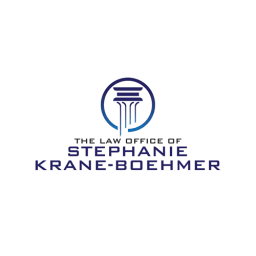
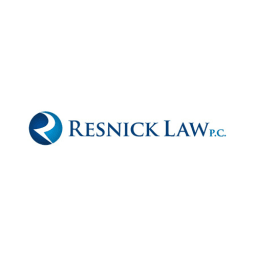



.jpg)
.jpg)



